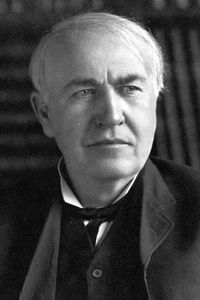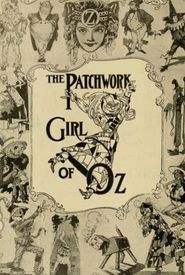Thomas A. Edison, a renowned producer and director, was born on February 11, 1847, in Milan, Ohio, USA, with the given name Thomas Alva Edison. He is most famously known for his contributions to the silent film era, directing and producing numerous movies, including The Trick Cyclist (1901),The Patchwork Girl of Oz (1914),and Bicycle Trick Riding, No. 2 (1899).
Edison's work in the film industry was groundbreaking, as he produced the first American film adaptation of Frankenstein in 1910, a full twenty years before Universal Studios introduced the iconic monster, Boris Karloff. This significant achievement laid the groundwork for modern horror as we know it today.
However, Edison's legacy extends far beyond the realm of film. He is also celebrated as a prolific inventor, responsible for numerous innovations that have had a lasting impact on society. Some of his most notable inventions include the light bulb, phonograph, power stations, carbon switch microphone, and motion picture cameras. These pioneering advancements have solidified his place in the annals of American history and the development of American film production.
Edison's personal life was marked by two marriages, first to Mina Miller and later to Mary Stilwell. He passed away on October 18, 1931, in West Orange, New Jersey, USA.





























